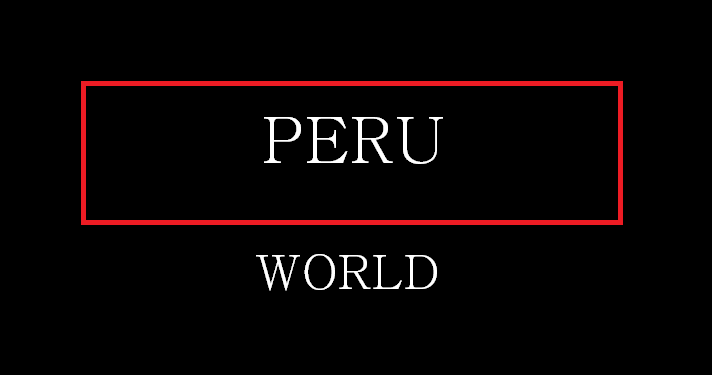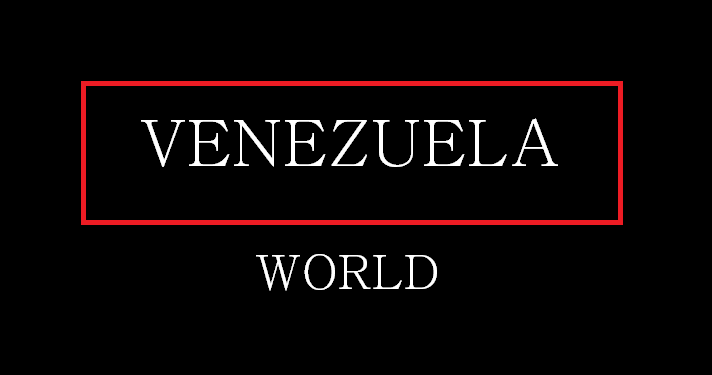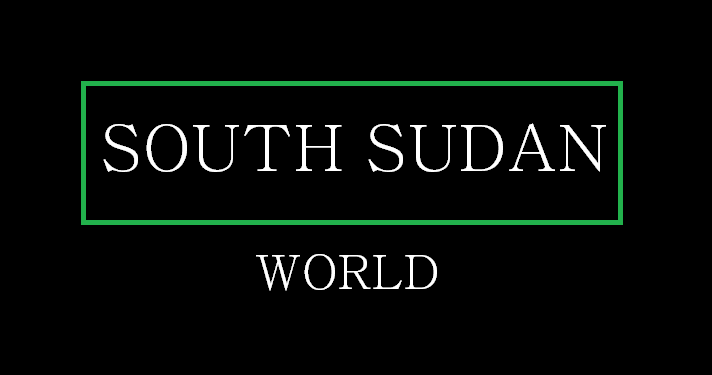
Demonetization and GST
The Indian economy has definitely taken a hit due to demonetization and Goods and Services Tax (GST). However, the two widely discussed reasons are not solely responsible for the slowdown in the economy. India is one of the most rapidly advancing developing countries with a projected growth rate of 7 %. However, it hit a rock-bottom 5.7 % in the first quarter of the current fiscal year. The current Finance Minister, Arun Jaitley, has maintained a positive outlook saying that, “India’s economy is facing a few challenges that are predictably transient. Some people, out of a lack of understanding or for a politically colourable motive, are terming this transient period an economic crisis”. On the other hand, former Finance Minister, Yashwant Sinha, has criticised the current government for apparently poorly-conceived economic policies, saying that, “I shall be failing in my national duty if I did not speak up even now against the mess the finance minister has made of the economy”, while adding that “demonetization has proved to be an unmitigated economic disaster, a badly conceived and poorly implemented GST has played havoc with businesses and sunk many of them, and countless millions have lost their jobs with hardly any new opportunities coming the way of the new entrants to the labor market.”
The three major problems
What are the other reasons for the slow pace of the Indian economy? According to Ravi Aron, a professor of information systems at Johns Hopkins Carey Business School, a lack of long-lasting structural reforms in the banking sector, state-owned enterprises and the labour market has contributed to the current state of economic affairs. Most of the state-owned banks are burdened with non-performing assets, while the state-owned enterprises have locked-up capital. However, despite being ripe for sale or recapitalization, privatisation has eluded them. The third and the most pressing problem is that of unemployment. With a lack of adequate investments and want of improvement in the construction, real estate, agriculture and allied sectors, employment in both urban and rural areas is a serious problem. The organized sector employs only 10 % of the population while the remaining 90 % is employed in the unorganized sector. However, the people working in the unorganized sector do not have access to most benefits, pensions, or salary growth tied to inflation. Even though it is difficult to determine the impact of the unorganized sector on the economy (as the unorganized sector data is not captured in quarterly GDP estimates), a sharp fall in the micro-finance sector could be an indicator of a slowdown in this sector.
Conclusion
According to The Envoy, the problems facing the Indian economy did not appear magically over the last few years. They have built up over the last few decades with the actions of the previous governments having a bearing on the current financial scenario. While it is best to adopt an optimistic outlook, one should acknowledge the deep-rooted issues which have to be addressed urgently. Effective reforms concerning the banking sector, state-owned enterprises, and labour market are the need of the hour.
For an overview of The Envoy’s coverage of Indian affairs, please visit http://www.theenvoy.in/india/






